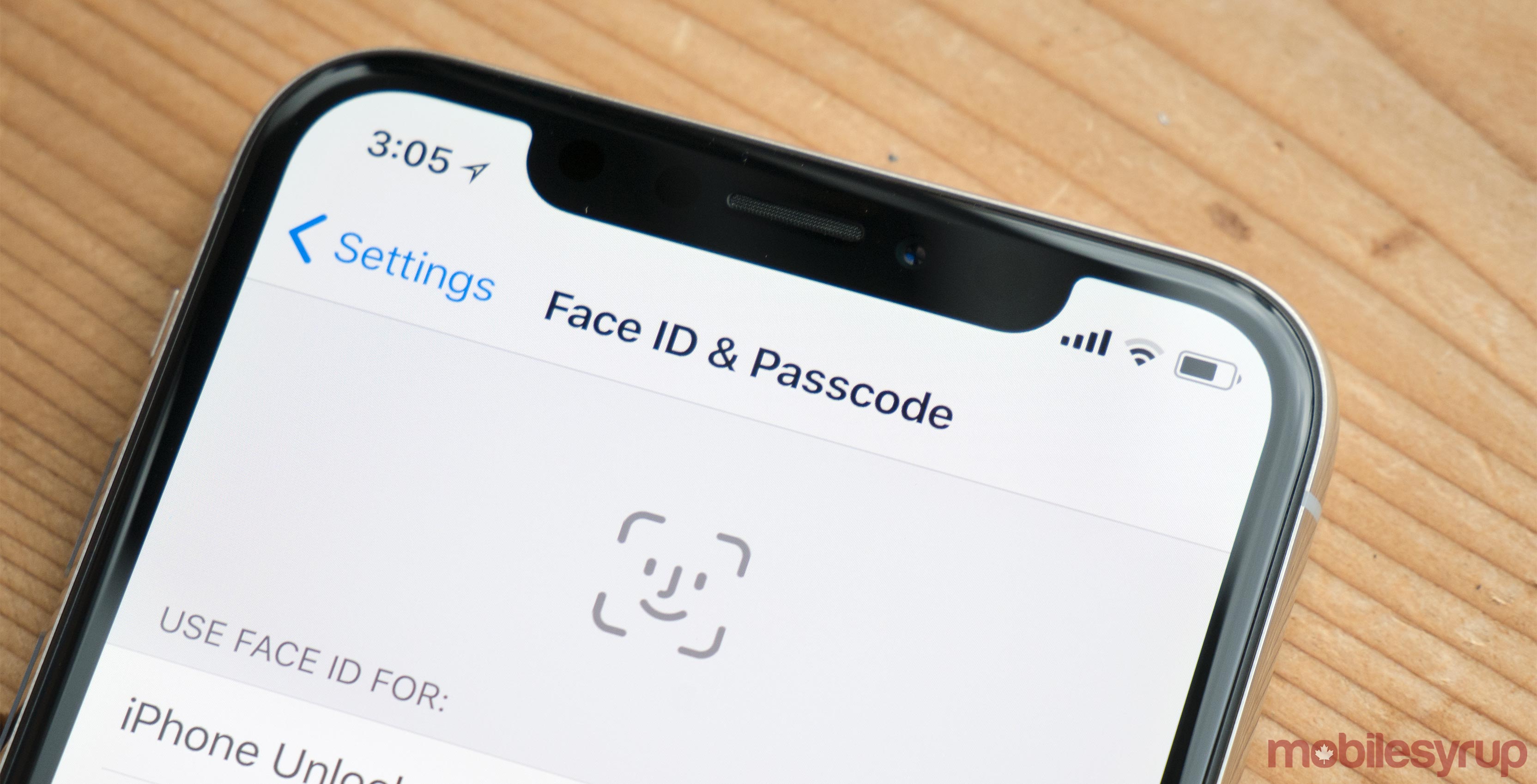
In an unsurprising move, Apple is aggressively pitting its Face ID technology against other manufacturers’ face-scanning solutions.
During an interview with Dutch website Bright, Apple’s senior vice president of worldwide marketing Phil Schiller said face or iris recognition technologies previously released by competitors “all stink.”
He followed up by saying that competitors’ solutions weren’t capable of as much as Face ID:
“They don’t work in all the ways we need Face ID to work. We’re very aware that through the years this simple thing, the Home button, that started as the way you click to get to the Home screen, grew into doing so many things for us. We added Touch ID, it took you to the multitasking screen, paged Siri, activated Apple Pay. All through this one mechanical button. So for Face ID we needed the best way we know of to enable us to easily unlock our device with our face, in a protected way with the Secure Enclave, and support all these other things. We had to solve all of that. Other things that people have tried with face haven’t been anything like that. Face ID is a very unique implementation.”
Most flagship Android phones offer some version of facial or iris unlocking, from Samsung to OnePlus, though the technology isn’t a marquee feature in quite the same way as it is for Apple.
Apple’s Face ID runs on the company’s iPhone X, which features both an IR sensor and dot projector that shoots out 30,000 dots in order to map a face using the company’s ‘TrueDepth’ technology.
Since introducing the technology, Apple faced privacy and security concerns, whether related to the chances of relations logging into your device or the sharing of TrueDepth data with third-party developers.
In response to the second concern, Schiller told Bright:
“I think we’ve worked really hard to maintain the trust we have with users about how this information technology is and isn’t used. First of all, no Face ID data goes to third parties. So what you enroll with Face ID, what you use to unlock your phone, that’s an algorithm that is created and encrypted by the Secure Enclave. No third party that uses the iPhone camera has your Face ID data. We did create an API so developers can use the cameras to track facial movements, to do things like wrap stickers on your face (like Snapchat, etc.) That’s different than Face ID. They don’t have all the access to the data that Face ID has for that.”
In the broader context of law enforcement usage, however, there are no hard-and-fast answers. MobileSyrup staff reporter Sameer Chhabra reported on the legal rights surrounding biometric security in a story earlier this year.
Source: Bright
MobileSyrup may earn a commission from purchases made via our links, which helps fund the journalism we provide free on our website. These links do not influence our editorial content. Support us here.


